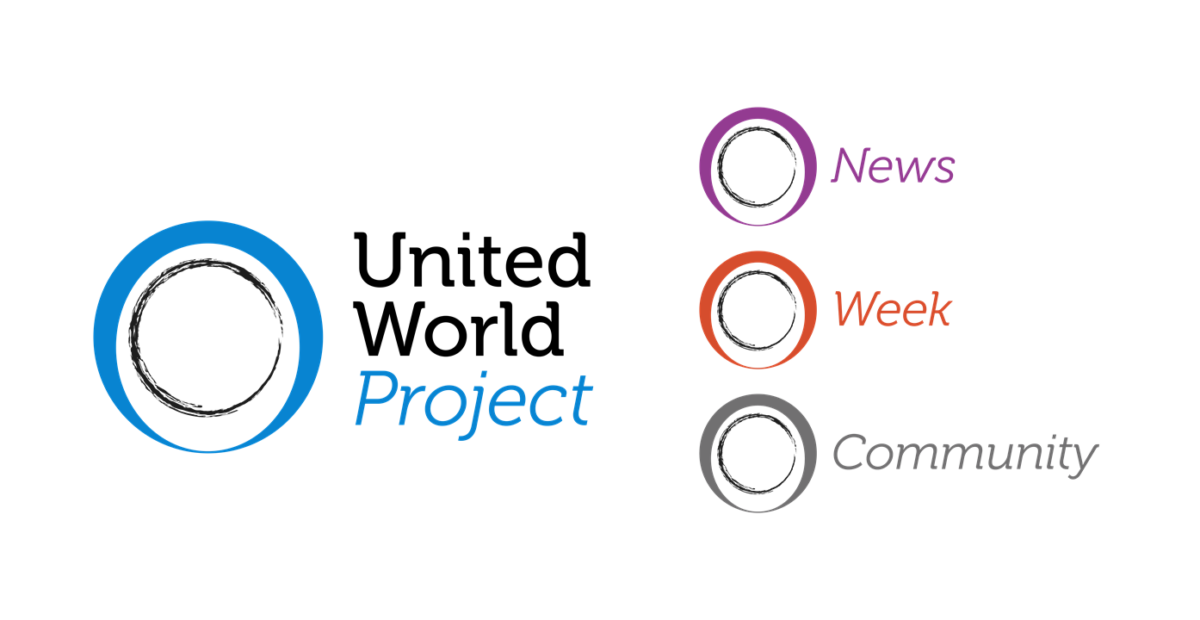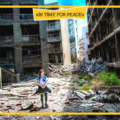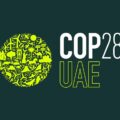
Watch
Identity, shape and goals: a portrait of the United World Project

The United World Project is an initiative of the New Humanity NGO. It works to spread the value of unity among people by highlighting good social practices that promote universal fraternity through global projects and actions for peace, social justice and human rights.
United World Project (UWP) is the main global program of the International NGO New Humanity NGO.
It was founded in 2012 in Budapest during the ‘Genfest’, an international youth festival of the Focolare Movement. The motto of the UWP is “Make a visible change“, and with this desire and goal, it promotes events and social actions for universal fraternity and unity among people, connecting people of all ages. At the same time, it identifies existing ‘acts of fraternity’ in various social contexts and seeks to make them visible, so that universal fraternity can be concrete and visible.
Young people and adults, both from the Focolare Movement and other associations, are equally protagonists and try to highlight fraternity as a category of social action in various topics: economy, health, education, etc. Indeed, a spiritual reference is essential and it’s rooted in the charism of unity, which is found in the Focolare Movement, which, due to how universal it is, it allows the collaboration of all: people who have and people who don’t have a religious faith, but who equally believe in universal fraternity and in a more united and just world. The United World Project aims to contribute by mapping, promoting and networking good practices, processes, personal and collective initiatives and actions – however big or small, daily or extraordinary. By doing this, it involves national and international institutions, asking for concrete commitments at every level, seeking to influence the broader international debate.
The United World Project carries out its actions through three pillars: United World Week, United World News and United World Communities.
United World Week
United World Week refers to a specific week of the year, from the 1st to the 7th of May, during which various communities and people around the world seek to concentrate different activities aimed to building a more united world. Convinced that unity is strength and that the concentration of numerous activities within a single timeframe can raise public awareness – and thus also the media – on topics such as dialogue, peace, universal fraternity and unity. It is an extraordinary moment, a sort of ‘showcase’ to present to the world all that is done to generate positive changes, impacting both locally and internationally, bringing hope to the entire planet.
United World News
The News team also works for unity among peoples and universal fraternity. It does so through the website www.uniteworldproject.org, which collects news and stories from around the world and transforms them into articles and interviews – both written and video – constructively observing the present to bring peace and hope even in front of the most serious situations happening in the world.
United World Communities
Finally, there are the United World Communities, which were born immediately after the Genfest in Aparecida, Brazil, in 2024. There are eight of them, operating in various areas: economy and work, dialogue and interculture, peace and human rights, health, sports and ecology, art and social commitment, education and research, communication and media, active citizenship and politics. They are conformed by people who, locally and globally, share the same skills and passions to build fraternity in their area of interest.
The United World Project is the main program of the International New Humanity NGO, founded in 1987 by Chiara Lubich, the founder of the Focolare Movement, who wished that the Focolare Movement would have a representation at the international institutions.
New Humanity has been accredited since its foundation at the United Nations with “Special Consultative Status” and, since 2005, with “General Consultative Status”. Only 143 NGOs in the world have this level of recognition. It is the highest possible status, and it provides more opportunities to present documents and have a voice. Naturally, being an expression and representation of the Focolare Movement, which is present worldwide, is significant.
New Humanity NGO
Marco Desalvo’s, president of New Humanity NGO, defines New Humanity NGO as “the ambassador of the Focolare Movement in the International Institutions”. The organization can bring a lot of life to them, embracing many realities and all the good practices of the Focolare Movement, acting as its ‘speaker’.
New Humanity NGO is recognized as an official partner of UNESCO, FAO (Food and Agriculture Organization of the United Nations), and UNEP (United Nations Environment Program) and the United World Project is the main tool through which this NGO presents concrete examples of good practices inspired by universal fraternity to international institutions.
Its mission is to build unity for the human family and to spread the values of fraternity, solidarity, peace, and the defense of the dignity of every person. And of course, it also focuses on the care for the environment.
The headquarters of New Humanity is in Rome. Other representative offices are present at the main international institutions in New York, Paris, Geneva, Brussels, Vienna and Nairobi, and its activities cover the entire globe through its network of volunteer activists. It is in relation with other NGOs of the Focolare Movement and over time it has taken on the role of representing many of its projects. New Humanity NGO’s fields of action touch on the most urgent and delicate issues of our time: sustainable economic and social development, human rights, education for peace and global citizenship. Topics include finance, ecology, ethics, artificial intelligence, health education and women’s rights.
At the heart of it all is the so-called “golden rule” present in the sacred texts of the world’s major religions:
Do unto others as you would have them do unto you“.






